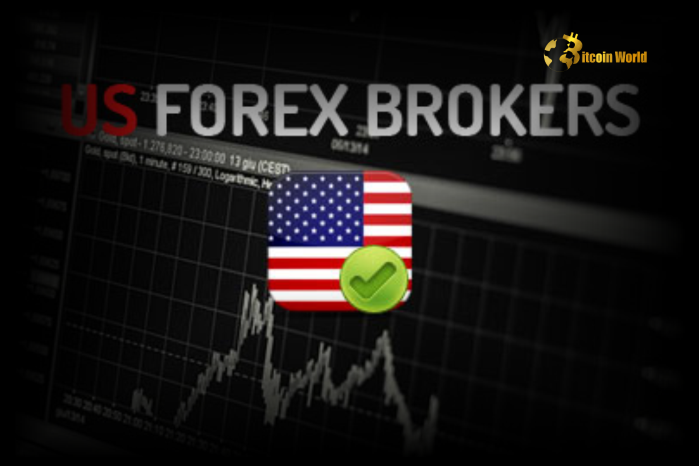Legal Regulations for Forex in the United States
Legal Regulations for Forex in the United States
Blog Article
Top Forex Strategies for American Traders
International exchange, or Forex trading, draws countless individuals in the United Claims every year. Its absolute size and liquidity ensure it is one of the very interesting markets globally. Nevertheless, best forex trading platform in usa. has a distinctive and strict way of regulating Forex activities. If you're looking to trade currencies or simply desire to know how appropriate frameworks shape the Forex market, understanding these regulations is crucial.

Essential Legitimate Frameworks Surrounding Forex in the US
Forex regulation in the United Claims stands apart due to its complete risk regulates and client protections. Two major government bodies oversee many Forex activities:
• Product Futures Trading Commission (CFTC)
• National Futures Association (NFA)
The CFTC, made in 1974, is tasked with regulating the futures and possibilities areas, international change included. The NFA, as a self-regulatory company, performs tightly with the CFTC to enforce principles and keep fairness in trading practices.
Registration and Conformity
Every Forex dealer or broker employing U.S. residents must register with both CFTC and NFA. These entities are also expected to stick to rigorous operational standards, including:
• Minimum internet money demands (often more than in other countries)
• Constant audits
• Solid anti-money laundering (AML) plans
• Clear risk disclosure
Violations may lead to significant fines or a permanent ban from the market. This regulatory framework aims to avoid fraud, protect investors, and increase market integrity.
Major Restrictions on Forex Activities
Foundational protections influence how Forex runs in the U.S.:
• Influence restricts: The NFA sets a maximum control of 50:1 for significant currency pairs and 20:1 for minors. That is far lower than many international areas, helping defend new traders from substantial losses.
• Segregation of resources: U.S. law needs that customer resources are held split up from broker working funds. That measure safeguards traders in the case a broker becomes insolvent.
• Marketing and disclosure: Firms should clearly explain risks, expenses, and trading elements to clients. Unreliable or hostile solicitation practices experience rigid penalties.
Enforcement and Penalties
U.S. agencies regularly monitor for fraudulent schemes, insider trading, and illicit industry manipulation. Statistical knowledge from enforcement studies shows a steady sample of penalties and settlements lately, displaying continuing vigilance. This atmosphere, while stricter than many elements of the planet, produces a better playing area for retail and institutional traders alike.
What things to Consider as a US Forex Trader
New developments show a continuous rise in regulatory measures, a focus on customer education, and constant changes to compliance requirements. If you plan to business Forex in the U.S., it's necessary to:
• Confirm a broker's active registration position
• Stay current with regulatory changes
• Evaluation risk disclosures before making trades
This process decreases unforeseen failures and improves your prospects in a tightly managed but strong marketplace. By understanding appropriate regulations, U.S. traders may confidently participate in the Forex market while keeping within the variables of the law.
Report this page